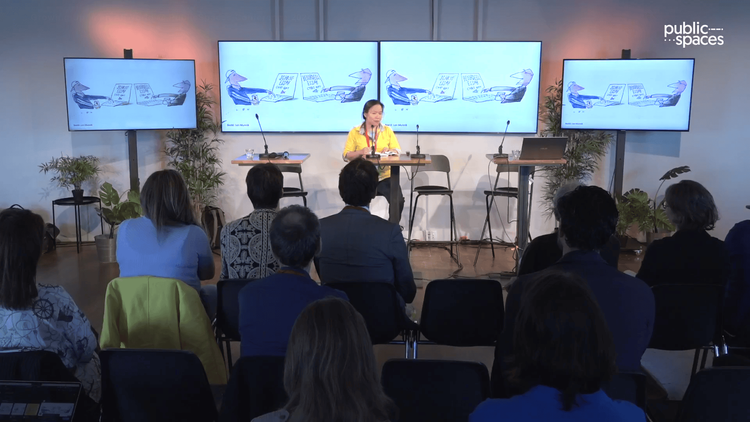Children are growing up in a world infused with AI and ever-new forms of AI technology. As described by SLO (the Dutch national curriculum expertise centre) in the draft key objectives for digital literacy (March 2024), schools will soon be expected to explore with pupils "how AI systems work" and "how digital technology, digital media and society interact".
A curriculum overhaul to address the more and more constant presence of AI might seem to be the obvious response. But a caveat should be made. The creators behind AI technology exert great influence on how the AI living world is designed. There, corporate interests often outweigh public values, and there is little proper, democratic control. With that in mind, can or should we expect teachers to make pupils digitally literate in relation to AI? How does education move forward in this context? What responsibility belongs to the school and what responsibility belongs to market players, government and politics?
During this panel led by Remco Pijpers, experts and stakeholders will discuss what the development of AI and our corresponding need for digital literacy mean for our society as a whole and for teachers specifically.
